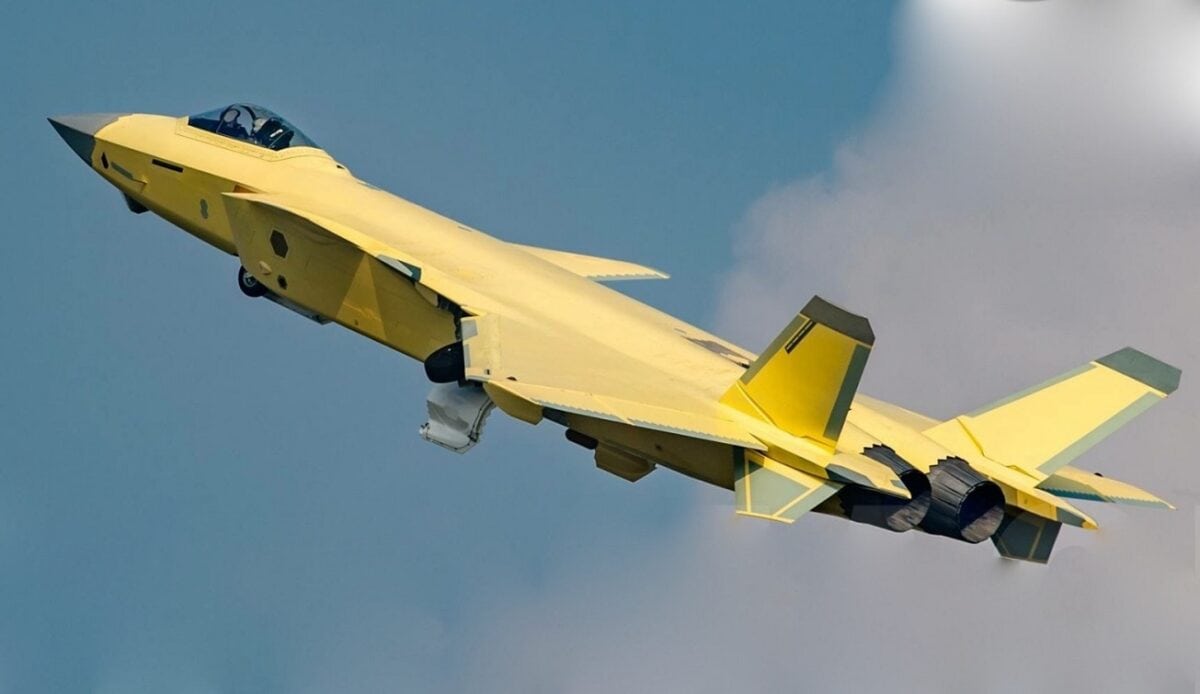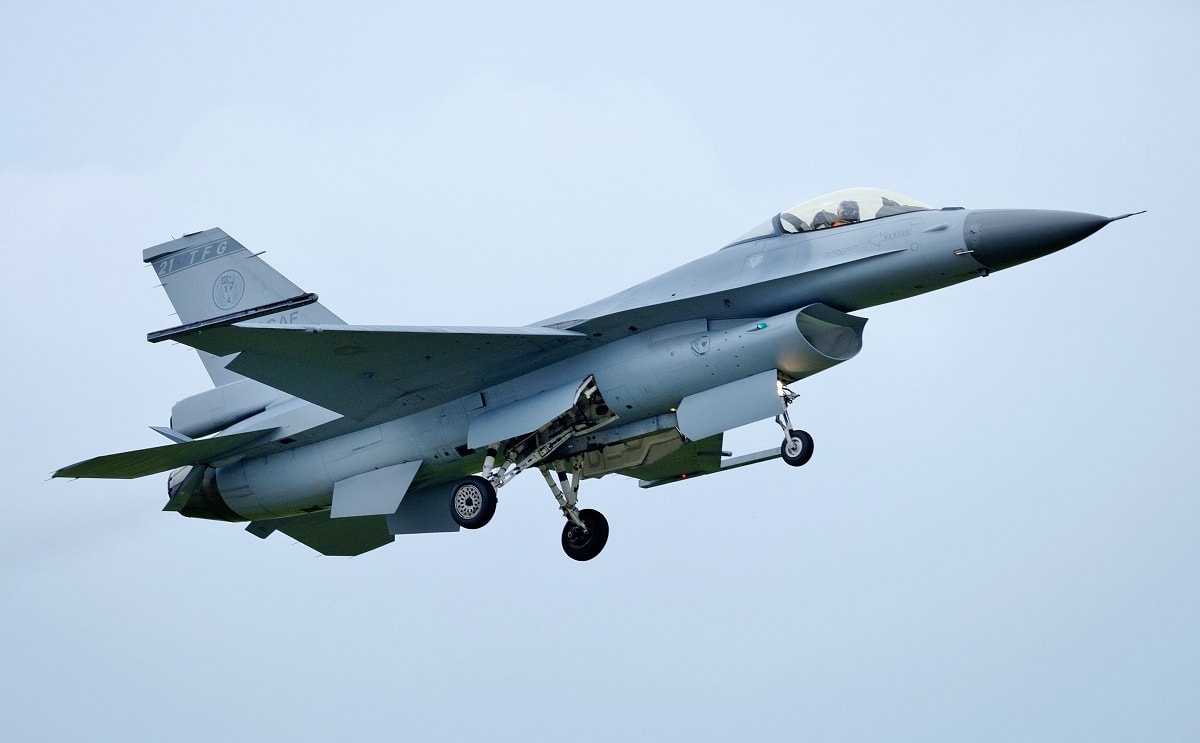During recent testimony to Congress, the Pentagon reaffirmed its commitment to the Taiwan Relations Act but didn’t officially commit to the defense of the small island nation, which is in line with the policy of strategic ambiguity that has been guiding U.S. foreign policy for decades.
According to a senior Department of Defense official, China is and will remain the Pentagon’s “pacing threat.”
China Might Invade Taiwan
In a testimony before the Senate Foreign Relations Committee in early December, Ely Ratner, the assistant secretary of defense for Indo-Pacific security affairs, said that despite Chinese claims about a peaceful reunification, Beijing has used the military threat to achieve its ends.
“Unfortunately, although the PRC publicly advocates for peaceful unification with Taiwan, leaders in Beijing have never renounced the use of military aggression. In fact, the [the Chinese military] is likely preparing for a contingency to unify Taiwan with the PRC by force while simultaneously attempting to deter, delay or deny third-party intervention on Taiwan’s behalf,” Ratner said.
Ratner went on to say that China is the Pentagon’s pacing challenge and a potential Chinese invasion of Taiwan a “pacing scenario.” Recent reports have revealed the presence of U.S. special operations forces in the island nation, training their local counterparts with the necessary skills to fend off a Chinese invasion or exact a high cost.
To deter China, the Pentagon is modernizing its capabilities and updating its posture in the Indo-Pacific area of operations, developing new operational concepts along the way.
The Pentagon’s “efforts to deter PRC [People’s Republic of China] aggression and enhance Taiwan’s defenses will not be in isolation, Ratner said, adding that other countries in the region and across the world understand that Chinese aggression toward Taiwan might affect them too.
But Taiwan must also develop potent military capabilities to increase its deterrence and the cost to China in the event of a potential invasion. Although Taipei has been investing increasingly more in its military, there is still some way to go.
“Asymmetric capabilities, however, are only one part of the deterrence equation. Taiwan must complement investments in these critical capabilities with equal focus on enhancing resilience, supporting civil-military integration and building a strategy that includes defense in depth,” Rutner added.
China or Taiwan? A Recurring Dilemma
Since the end of World War Two and the fall of China to Communism, U.S. foreign policy with regard to China and Taiwan has moved around.
In 1955 the U.S. and Taiwan took their relationship to another level by signing the Sino-American Mutual Defense Treaty, which ensured a U.S. military intervention in defense of Taiwan in the event of a Chinese invasion. The mutual defense treaty was in force until 1980.
However, in 1979, the U.S. recognized China and normalized relations with Beijing. Washington also changed tack, supporting the “One China Policy,” which argues that China and Taiwan are part of one single state. In that same year, Congress passed the Taiwan Relations Act, a watered-down version of the previous treaty.
According to the 1979 Taiwan Relations Act, “the United States will make available to Taiwan such defense articles and defense services in such quantity as may be necessary to enable Taiwan to maintain a sufficient self-defense capability.”

Chinese J-20 Fighter. Image Credit: Chinese Internet.

Taiwanese F-16 Fighter. Image: Creative Commons.
As a result, the U.S. has been selling Taiwan advanced weaponry, including fighter jets and surface combatants.
Now 1945s National Security Columnist, Stavros Atlamazoglou is a defense journalist and military expert specializing in special operations, a Hellenic Army veteran (national service with the 575th Marine Battalion and Army HQ), and a Johns Hopkins University graduate.

